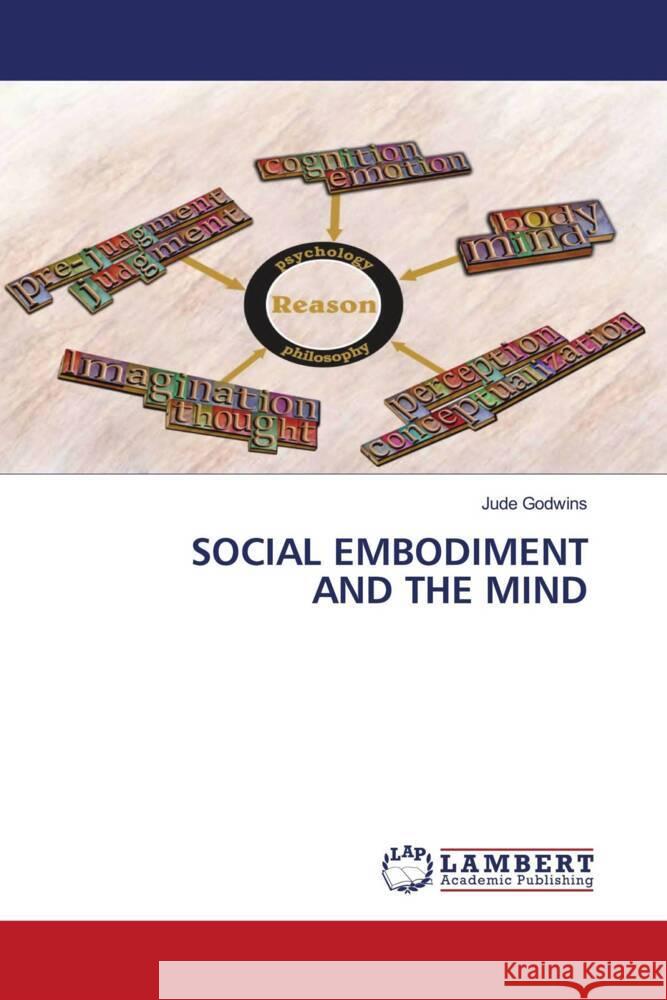SOCIAL EMBODIMENT AND THE MIND » książka
SOCIAL EMBODIMENT AND THE MIND
ISBN-13: 9786134928953 / Angielski / Miękka / 376 str.
Developments in the sciences of cognition seem to threaten traditional philosophical conceptions of cognition, defying all conventional norms, and seeming to ridicule all philosophical characterization of rationality and of logical norms and decision theory criteria. Philosophical claims about the logic of the mind and its conceptual structure are increasingly becoming indefensible. Theories on concepts and categorization as being defined by necessary and sufficient conditions are progressively turning out to be hard to defend. Significant instability in the way we structure concepts and the influence of theoretical beliefs in our organization of categories have been established again and again. These, to say the least, make the methodologies of philosophy somewhat suspect. When we account for cognitive and conceptual phenomena from the perspective of an embodied cognition, we avoid the aforementioned pitfalls. Finding a way of conceptualizing cognition and, by extension, human reasoning and problem solving, that would be true to both the perceptual and conceptual components of thought, is increasingly becoming inevitable.











